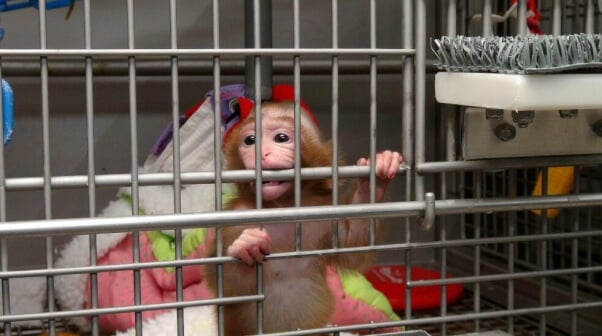Animal testing refers to the use of animals in scientific and medical research to test the safety and effectiveness of new drugs, chemicals, and other products. It is a controversial issue that has been the subject of intense debate for many years, with proponents arguing that it is necessary for the advancement of science and medicine, and opponents claiming that it is unethical and unnecessary. In this essay, I will present both sides of the debate and explore the arguments for and against animal testing.
One argument in favor of animal testing is that it has contributed significantly to the development of numerous lifesaving treatments and medications. Animal testing has played a crucial role in the development of drugs for cancer, diabetes, and many other diseases, and has also helped to identify potential risks and side effects of new products. In addition, animal testing has allowed researchers to gain a better understanding of the biological processes that underlie human diseases, which has helped to pave the way for new treatments and therapies.
However, there are also strong arguments against animal testing. One of the main concerns is the ethical issue of using animals as subjects in experiments. Many people believe that it is wrong to use animals in this way, and argue that they should not be subjected to pain and suffering for the benefit of humans. In addition, there is also a concern about the reliability of animal models, as animals may not always respond to treatments in the same way as humans. This can lead to misleading results and a lack of understanding of the true effects of a particular treatment or product.
Another argument against animal testing is that there are alternative methods available that do not involve the use of animals. These include in vitro testing, which involves testing on cells or tissues in a laboratory setting, and computer modeling, which allows researchers to simulate the effects of a particular treatment on a virtual body. These methods are often faster, cheaper, and more accurate than animal testing, and do not raise the same ethical concerns.
In conclusion, the debate over animal testing is complex and multifaceted. While it is true that animal testing has contributed to numerous scientific and medical breakthroughs, there are also valid concerns about the ethics of using animals in this way and the reliability of animal models. Ultimately, the decision about whether or not to use animal testing will depend on a variety of factors, including the potential benefits and risks, the availability of alternative methods, and societal values and attitudes.









